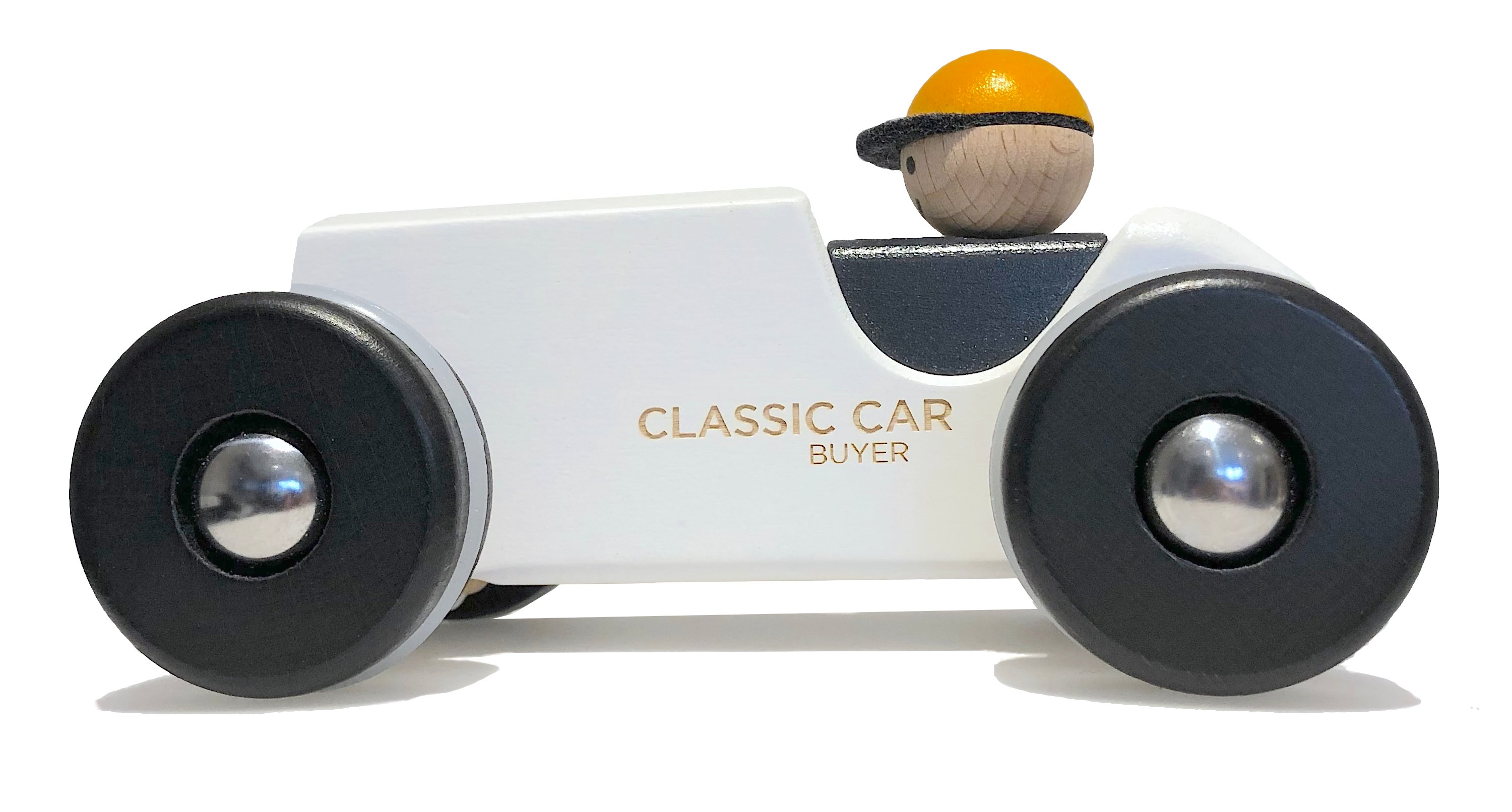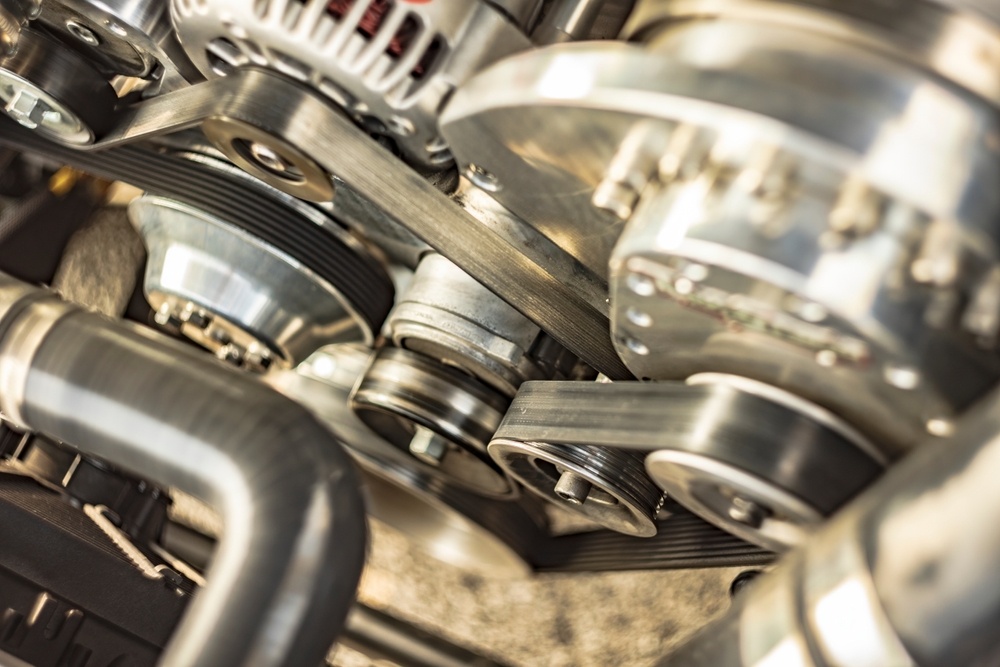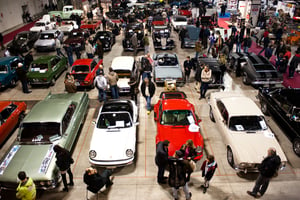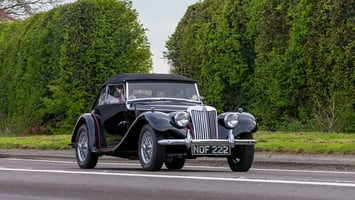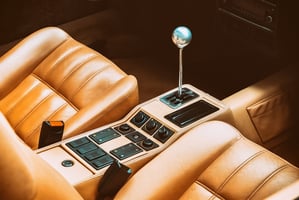Thanks to your amazing response, we've created a dedicated website to help you explore Britain's...
Here’s another question which often divides opinion!
Are matching numbers on a classic car important? Well, many people put forward the argument that you can get a fuller picture of a car’s life by including checking this in your initial investigations, along with things like how many previous owners it has had, the service history and the mileage. Some people diligently look at auction descriptions to see if it states that a car’s ‘numbers match’, and will only buy cars that do so. So what does it all mean, and is it important?
Understanding matching chassis numbers
Having ‘matching numbers’ means that the identification numbers on a car’s major components align with those recorded when the individual vehicle was first manufactured, and that the chassis number, engine number and gearbox number all have the same numbers. These numbers confirm that the parts are original to the car, which can be a crucial aspect of the vehicle’s authenticity and historical value. It will differ between car makes, but the 'numbers' of a classic car’s major components will likely contain a variety of dates, VIN, casting numbers, model numbers, stamped numbers, or other codes.
To see if the numbers match, you will need to visually look at the car parts. You might want to Google where they are likely to be first, to save yourself some time searching on the car itself!
Mechanical parts inevitably wear out and need replacing, so classic car buyers often question what they have been replaced with. As stocks deplete, original parts are becoming seriously expensive, and less than rigorously restored cars may now include parts which don’t match.
But why is this seemingly small detail so important to some people? Let’s explore the significance of matching numbers and weigh up whether this factor should influence your next classic car purchase.

Why is it seemingly important?
1. Authenticity
Matching numbers are a strong indicator of a car’s originality. This authenticity is often highly prized among classic car collectors, as it signifies that the car remains in the same configuration as when it left the factory. For many, this unbroken historical lineage is a key part of the vehicle’s charm and value. Cars with matching numbers often come with pretty thorough historical documentation, which can also enhance the car’s story and therefore appeal.
However, while originality is a significant factor, some car lovers argue that a well-maintained car with replaced major parts can still be a fantastic vehicle. The focus for these owners is often on the car’s condition and drivability rather than its adherence to factory specifications. Indeed, for some, the car’s current performance and aesthetics are more important than its documented past. Also, other parts on the car that wear out more quickly will surely have been replaced over time, so the whole car is likely to not be the same as when it left the factory anyway.

2. Market Value
Classic cars with matching numbers often command higher prices on the market. Collectors can be willing to pay a premium for the assurance that the car is in its original state. This makes having matching numbers an important consideration for those who view their classic car as an investment.
Having non-matching numbers can reduce the price of a classic car, potentially making it a more accessible option for some buyers. If you’re more interested in enjoying the car rather than its resale value, having non-matching numbers might therefore not be a deal-breaker for you.
You only have to look at the online forums to see that there’s a lot of different opinions on this issue. Perhaps the importance of having matching numbers on classic cars largely depends on your personal priorities. For car collectors, matching numbers may be essential for maintaining authenticity and maximising value. However, for those who prioritise the driving experience and practicality, non-matching numbers might not be as critical.
Ultimately, the decision should reflect what you value most in your classic car. If preserving a piece of car history in its most original form is your passion, then matching numbers will be a key consideration. But if you’re focused on enjoying the car regardless of where its parts came from, then being flexible can open up more possibilities for you when buying a classic car.



